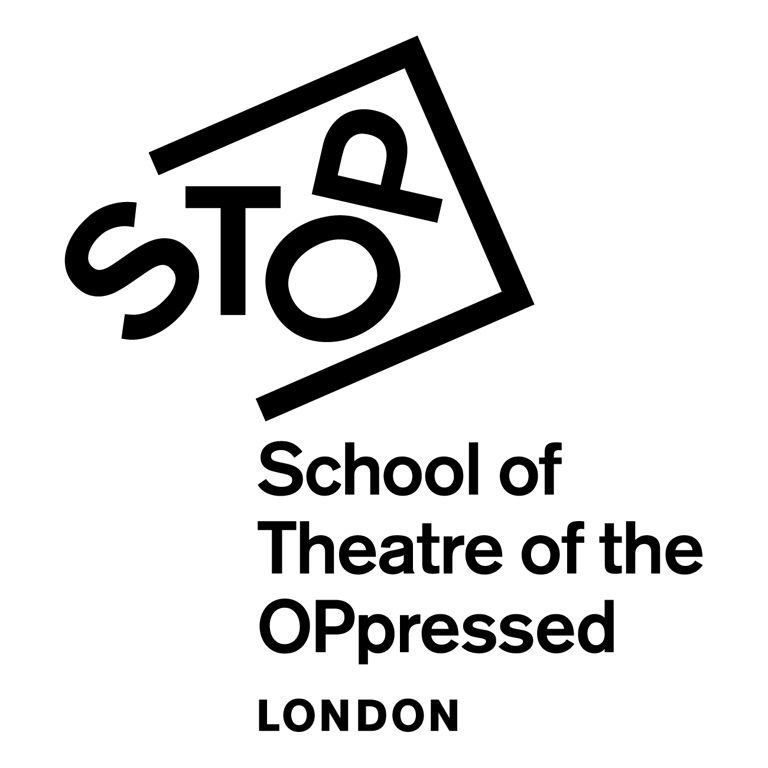Miss Tickle & the Theatre of Oppressed
Petia marks 20 years since first encountering Forum Theatre and Boal’s Theatre of the Oppressed.
This year marks 20 years since I first encountered Forum Theatre and Boal’s Theatre of the Oppressed.
It was 2002 and I was a bright-eyed 16 year-old student at the Overseas School of Colombo, Sri Lanka. Political ideas, stories and plenty of wild underage antics with my friends were some of the things that captured my imagination and sparkled my curiosity. Jenn Tickle’s drama room was where I got all three expertly wrapped. She was that once-in-your-lifetime teacher that combusts your mind with the right ideas at the right time. Those teachers impact you in a way that will keep unfolding many years later, like bulbs that lay dormant waiting to bloom when the right conditions present themselves. I even wrote a speech for her wedding (to another of my favourite teachers) decades later to try and articulate some of that impact and my enormous gratitude.
Some of Ms Tickle’s ideas, like her stripped back Berliner Ensemble-style production of Brecht’s Mother Courage and Her Children for teenagers (and stubbornly refusing to put on Grease), were just too far ahead of their time. But others, like introducing us to much of the arsenal of the Theatre of the Oppressed, changed my life. I now know that she and the drama room were some of my earliest lessons in oppression and anti-oppression, in feminism, freedom of expression (and its trade-offs), marxism, inequality, mental health, advocacy and even meditation.
Our daily life - and many of the reasons why a number of us expats were in Sri Lanka - was defined by the long-term civil war raging on the island around us. It ended in 2000, claiming the lives of about 80,000 people. As foreigners or wealthy locals, most of my peers and I were somewhat immune to the brutalities of the war around us and in the north of the island. I say somewhat. We thought it fairly normal to be held at checkpoints on the way home, have guns pointed at our heads, experience curfews and long power cuts, or sexual harrassment by soldiers and the police. Bombs had gone off at concerts and sporting events around us. My dad (who was a pilot) had to do an emergency take-off once flying a plane riddled with bullets following the attack on the airport. He told me stories of his Tamil colleagues who had remained co-pilots into their 50’s, quietly getting passed over for promotion for years despite their experience and expertise. Tamil friends shared similar stories. But mostly, we were fairly insulated. Shadows of oppression all around and yet we could still be spectators as opposed to inadvertent participants. We lived in a little multinational bubble of multicultural acceptance, with students from 40 other cultures. Thankfully, the school encouraged us in a myriad significant community projects with young people around the country less fortunate than us including landmine survivors and orphans. Heads were firmly not in the sand.
I can’t remember what my first TO exercise was but trust games like Colombian Hypnosis featured prominently in the drama room. We were building an ensemble and had to navigate intimacy, trust and working together alongside our heavily hormonal teenage bodies in space. It was quite the cocktail. Augusto helped us there of course. I now know that the process of a theatre game, followed by group reflection, was an early workout in building that self-awareness muscle. In noticing and paying attention to dynamics, to status, to power beyond words. The games were great.
But it was really when encountering Image Theatre for the first time that a little light went off in my head. We built and animated detailed sketches, and then machines of the power systems in our life. School, family, friends, war. I didn’t know it then, but it was probably my first experience of systems thinking. We compared and discussed our pictures. We combined them together and experimented tentatively with what changing them might look like.
By the time Forum Theatre came around, I was hooked. We devised scenes based on our real life experience. We could break the sacred fourth wall? Actually STOP the action? Get on stage and improvise a different outcome? What a rush! This wasn’t theatre, this was something else entirely! Something wild and fabulous. I asked Ms Tickle to take the book home. I read the introduction, by the translator, a man called Adrian Jackson. He ran a theatre company for homeless people in London. Cool, I thought. If I get to study in London one day, I must check them out.
Twenty years on, It feels particularly special to be a co-founder of London’s first School of Theatre of the Oppressed - STOP London, working with some of the global practitioners and Jokers I admire most. I’m starting this labour of love with my former boss and friend Adrian who brought Boal to many of us non-portuguese speakers as his English-language translator. He was not my first TO teacher but has definitely been the most influential. To mark twenty years of TO in my life, and the launch of STOP’s pilot season of training, I’m on a mission to re-read Augusto’s writing one more time and see what strikes me now, ten years since my last read whilst working at Cardboard Citizens and twenty years since I first encountered the work in Miss Tickle’s drama room. I’ll share some snippets from my reading with you here in the hope that you might want to visit or revisit Augusto’s books yourselves.


